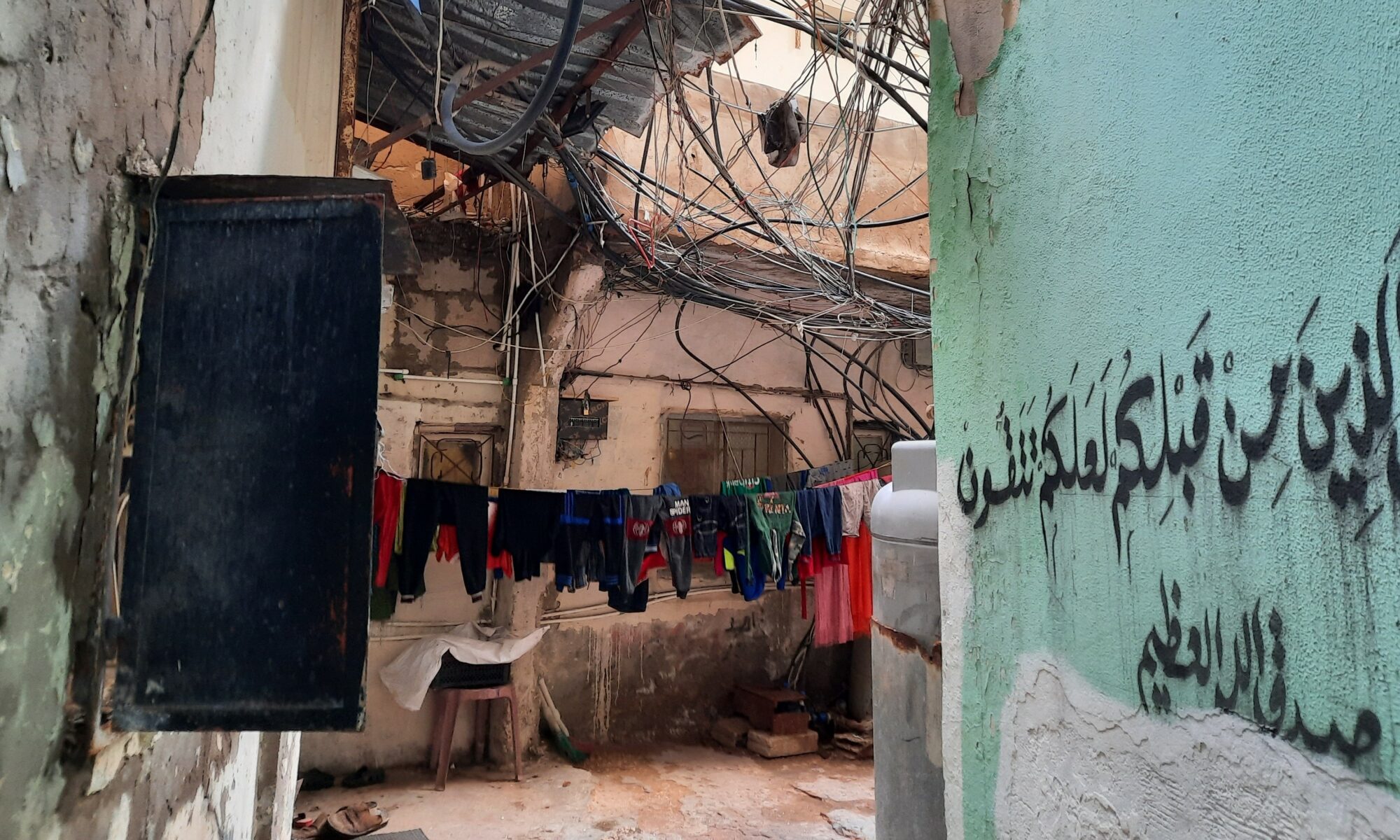Decolonizing research and re-imagining alternative partnerships in Development Studies
By Yafa El Masri, Melis Cin, Kitty Furtado, Paola Minoia and Rahime Süleymanoğlu-Kürüm / New Rhythms of Development blog series
Epistemic erasures continue to exist in a wide range of institutional designs at the local, national, regional, European and international level. Bringing up a debate on this topic not only opens the possibility to raise awareness on the concept, but also motivates research to shed light on alternative partnerships of resistance to these erasures. As Sharon Stein and others have pointed out, partnerships that arise collaboratively between actors from academia, civil society and politics can contribute to recognizing, repairing and re-imagining new decolonial futures.
Continue reading “Understanding epistemic erasures of local & indigenous communities:”


